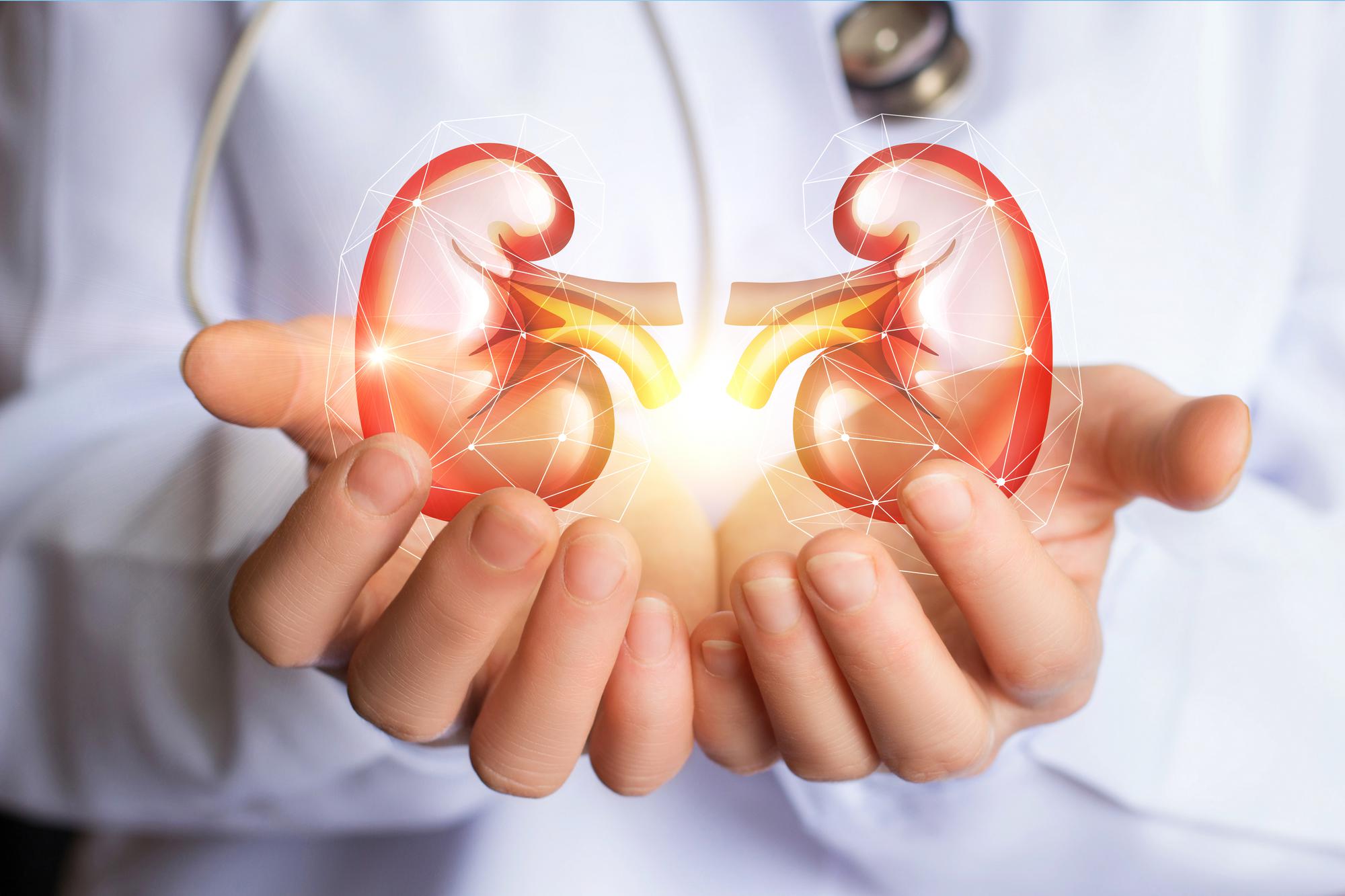SHARES

Rajah was excited when he was offered a position as an engineer in a multi-national company. His joy was short lived. During his medical check up, Rajah found out the shocking news that he is suffering from Chronic kidney disease (CKD) The doctor had to refer Rajah to a kidney specialist for treatment. That explains why Rajah is frequently tired, has high blood pressure and experiences swelling in the feet and ankle sometimes.
Chronic Kidney Disease (CKD) happens when damaged kidneys fail to filter blood as normal. Hence, excess fluid and waste from blood accumulate in the body. Globally, the estimation for the prevalence of CKD is 11 to 13 %. If left untreated, CKD can progressively worsen to kidney failure, which is commonly known as end-stage renal disease (ESRD). Patients with ESRD are usually dependent on dialysis or kidney transplant for survival. Nevertheless, with screening to detect CKD early, especially among high-risk groups, it is possible to slow or prevent the progression to ESRD.
What are the causes of Chronic Kidney Disease?
The 2 main causes of CKD are diabetes and high blood pressure, accounting for 2/3 of cases. Other causes include glomerulonephritis, an inflammatory disease; polycystic kidney disease, an inherited disease; congenital or other auto-immune disorders such as lupus. Repetitive cycles of urinary infections, enlarged prostate obstructions or stones and long term medication of certain medicines (eg lithium, NSAIDs: non-sterioidal anti-inflammatory drugs) are also responsible factors.
Who are the high-risk groups that require regular screening?
In the United States, almost half of people with severely reduced kidney function and not on dialysis are unaware of having CKD. The leading contributors of kidney failures are diabetes and high blood pressure, which makes up to 75 % of new cases. Having heart diseases also puts one at a higher risk of suffering from CKD.
Diabetes
High levels of blood sugar caused by defective insulin production or action can lead to diabetes. This condition damages small blood vessels, which affects the kidneys and other organs or tissues. Studies show that high blood pressure is one of the determinants on whether diabetes will develop into CKD. Hence, it is advisable to keep blood pressure below 130/80 mmHg.
High blood pressure
In healthy individuals, high blood pressure is defined by reading of 140/90 mmHg or higher. Nevertheless, in diabetes or CKD patients, the blood pressure is capped at 130/80 mmHg.
Similarly, high blood pressure can damage blood vessels. If the kidney blood vessels are damaged, the blood supply to the kidneys are reduced. High blood pressure also damages the tiny filtering units in your kidneys, which impedes the removal of wastes and extra fluid from blood. Eventually, the extra fluid may accumulate and increase blood pressure further.
Heart disease
Generally, heart disease encompasses a wide range of conditions, including:
- Narrowed or blocked blood vessels, contributing to heart attack, chest pain or stroke
- Atherosclerosis, which is due to by a buildup of plaque in the arteries
- Other conditions in which the heart’s muscle, valves or heartbeat is affected
Generally, in someone with heart disease, the heart may become too full of blood. This leads to buildup of pressure in the main vein connected to the kidneys, preventing blood from reaching the kidneys. Again, this leads to kidney disease.
How to screen for Chronic Kidney Disease?
The common tests for people with high risk are:
- Urine test for albumin
- Blood test for creatinine to estimate glomerular filtration rate (GFR)
Annual screening is important for diabetic patients. Meanwhile, patients with high blood pressure should undergo the test at diagnosis upon starting therapy. Thereafter continue with regular screening every three years thereafter. Besides that, the recommendation for people with family history of CKD should also be screening test every three years.
Conclusion
The kidneys fail when it can no longer remove wastes and excess fluid from the body. In general, conditions such as diabetes, high blood pressure and heart diseases damage the tiny blood vessels in the kidney leading to chronic kidney disease. Hence, for high-risk people with these conditions it is crucial that you go for regular screening.
To make an appointment for screening:
Find a Health Screening centre in Malaysia, on GetDoc
Find a Health Screening centre in Singapore, on GetDoc
To make an appointment with a kidney specialist:
Find a Renal (Kidney) Specialist in Malaysia, on GetDoc
Find a Renal (Kidney) Specialist in Singapore, on GetDoc
by Joanne Lee
Multipotentialite. Loves creating and seeing ideas come alive. View all articles by Joanne Lee.





